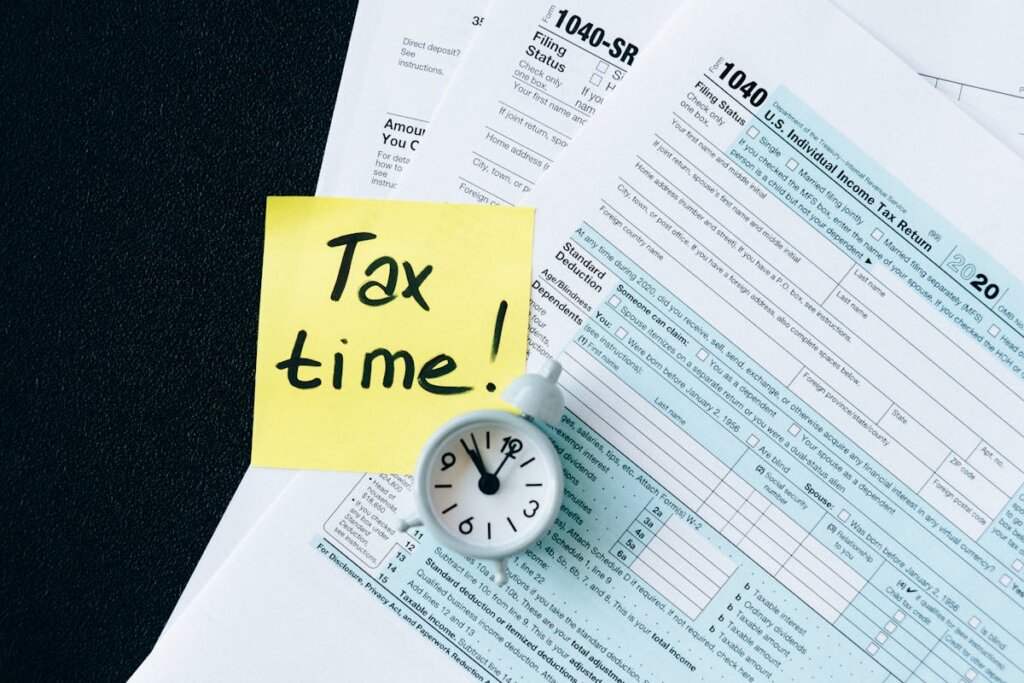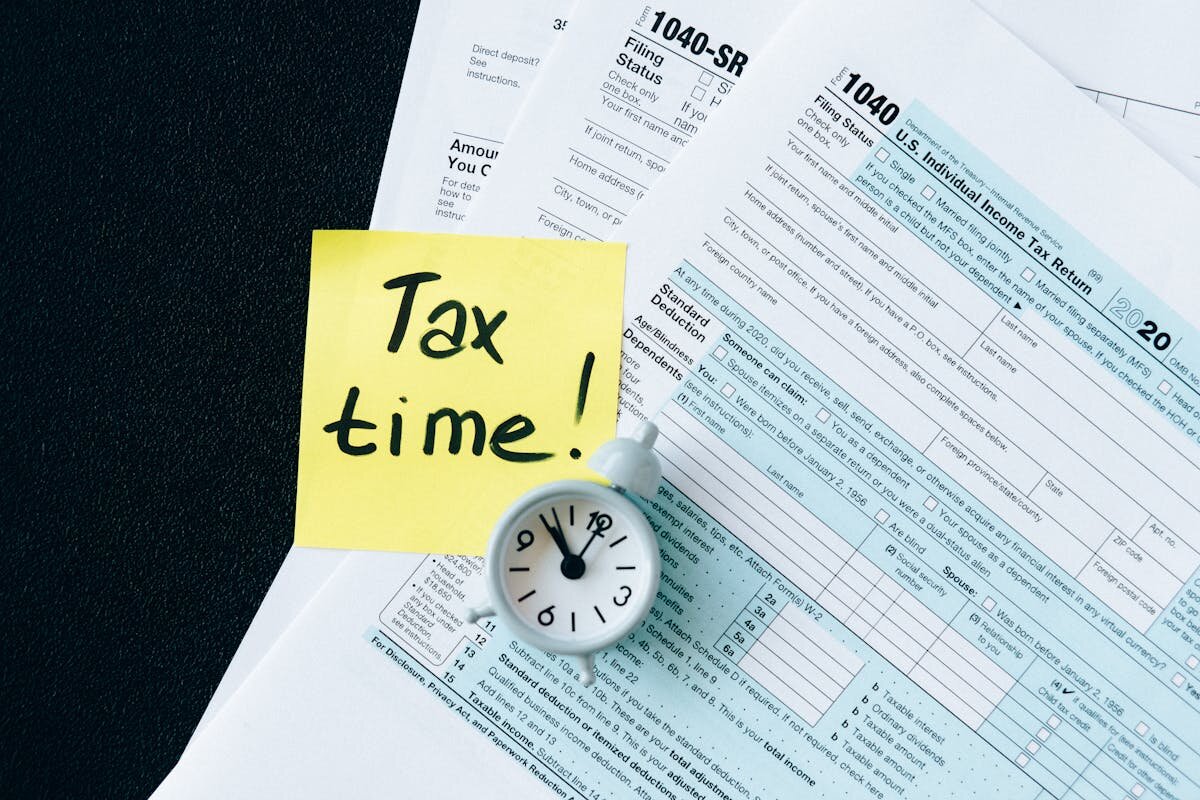
Selling a house in Connecticut is an exciting milestone, but it also comes with financial considerations that every homeowner should understand. One of the most important is the tax for selling a CT home. Whether you’re moving to a new city, downsizing, or cashing in on a hot market, taxes can significantly impact the amount of money you walk away with after closing.
This guide explains the major taxes you’ll encounter when selling a home in Connecticut, how they are calculated, and practical ways to reduce your tax burden so you can keep more of your profit.
Understanding Capital Gains Tax
When you sell your property for more than you paid for it, the profit you earn is considered a capital gain. The federal government and the state of Connecticut may both tax this gain. However, not everyone pays capital gains tax. Homeowners who qualify for the federal exclusion can often avoid it altogether.
To qualify for this exclusion, you must have owned and lived in the home as your primary residence for at least two of the last five years before the sale. Single taxpayers can exclude up to $250,000 of profit, while married couples filing jointly can exclude up to $500,000.
For example, if you purchased your Connecticut home for $300,000 and sold it for $550,000, your gain would be $250,000. If you meet the ownership and use tests, you would not owe any federal capital gains tax on that amount. However, if you sold the same home for $700,000, you would owe taxes on the $200,000 portion above the exclusion limit.
If you don’t meet the full two-year requirement, you may still qualify for a partial exclusion in special cases, such as job relocation, health reasons, or unforeseen circumstances. Always consult a tax professional to determine whether you qualify for a full or partial exclusion.
Connecticut follows federal capital gains rules but applies its own income tax rates to any taxable gain. These rates vary depending on your income level, ranging from 0% for lower-income sellers to 20% for higher brackets.
The Connecticut Real Estate Conveyance Tax
One tax that nearly every home seller in Connecticut must pay is the real estate conveyance tax. This tax is imposed when property ownership transfers from the seller to the buyer. It includes both a state and a municipal portion.
The state conveyance tax rate is 0.75% on the first $800,000 of the sale price. If the sale exceeds $800,000 but is less than $2.5 million, the next portion is taxed at 1.25%. For properties valued over $2.5 million, the rate increases to 2.25%.
Local municipalities also charge a conveyance tax that typically ranges between 0.25% and 0.5% of the sale price.
For example, if you sell your home in New Haven for $500,000, you would owe the state $3,750 and the city an additional $1,250 for a total of $5,000. If you sell a luxury home in Greenwich for $1.5 million, your state tax would total $11,250 and your municipal tax $7,500 for a combined $18,750.
Since these taxes are calculated on the total sale price rather than your profit, it’s essential to factor them in when estimating your closing costs.
Property Taxes at Closing
In Connecticut, homeowners must also settle any outstanding property taxes at closing. Property taxes are assessed and collected locally, and the average effective rate is around 1.96%, which is nearly double the national average.
When you sell, you are responsible for paying the portion of the year that you owned the property. For instance, if you close the sale in September, you’ll owe taxes from January through that month, and the buyer will be responsible for the remainder of the year.
Your closing attorney or title company will calculate these amounts precisely and deduct them from your sale proceeds. Paying these taxes promptly ensures a smooth transfer of ownership and prevents any liens from delaying your closing.
Reducing Your Tax Burden
While you can’t avoid every tax for selling a CT home, you can take steps to reduce the amount owed. Several strategies can help you minimize taxes legally and efficiently.
Claim the Primary Residence Exclusion
As mentioned earlier, the primary residence exclusion is the easiest way to avoid paying capital gains tax. If your property has served as your main home for at least two of the past five years, you can exclude up to $250,000 or $500,000 of profit depending on your filing status. This rule is one of the most significant tax advantages available to homeowners.
Keep Track of Home Improvements
The amount of tax you pay is determined by your adjusted cost basis, which is the home’s original purchase price plus the cost of improvements made over time. Major renovations like kitchen remodels, room additions, new roofing, or energy-efficient upgrades can increase your cost basis and reduce your taxable gain.
Always keep receipts and documentation for these improvements, as the IRS may request proof. For example, if you bought your home for $250,000, invested $40,000 in updates, and sold it for $350,000, your taxable gain would only be $60,000, not $100,000.
Use Tax Loss Harvesting
If you own other investments that have lost value, you can use those losses to offset your capital gains. This strategy, known as tax loss harvesting, can help lower your overall tax liability. You can apply up to $3,000 in excess losses per year against regular income and carry over any remaining balance to future years.
Consider an Installment Sale
Another strategy to manage your taxes is to structure your sale as an installment agreement. Instead of receiving the full payment upfront, you allow the buyer to pay over time. This spreads your capital gains across several years, which can help keep you in a lower tax bracket and reduce your annual tax bill.
Installment sales can be complicated, so it’s important to consult a qualified tax professional before entering into such an agreement.
Other Fees and Costs to Consider
Beyond taxes, other expenses can also affect how much money you take home after selling your property. These include real estate agent commissions, legal fees, and closing costs. In Connecticut, agent commissions typically range from 4% to 6% of the sale price, while closing costs can add another 2% to 5%.
If you want to avoid these additional expenses, consider selling your home directly to a cash buyer such as Neighbor Joe. This approach eliminates commissions, inspection fees, and lengthy closing timelines. You can sell your home as-is and receive your full cash payment without worrying about repairs or waiting for a buyer’s mortgage approval.
Final Thoughts
Understanding how taxes work when selling your home helps you plan ahead and avoid financial surprises. Between federal capital gains, the Connecticut conveyance tax, and property tax obligations, the total tax for selling a CT home can vary widely based on your property’s value and your financial situation.
The best way to reduce your tax burden is to prepare early, keep detailed records, and consult a trusted tax advisor before listing your property. Doing so ensures you take advantage of every available exclusion and deduction.
If you want to simplify the selling process and avoid costly commissions and delays, Neighbor Joe offers a fast, straightforward solution. We buy homes across Connecticut for cash, covering all closing costs so you keep more of your earnings. Contact us for a no-obligation quote and see how easy it can be to sell your home while minimizing taxes and fees.

